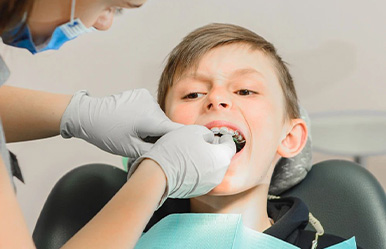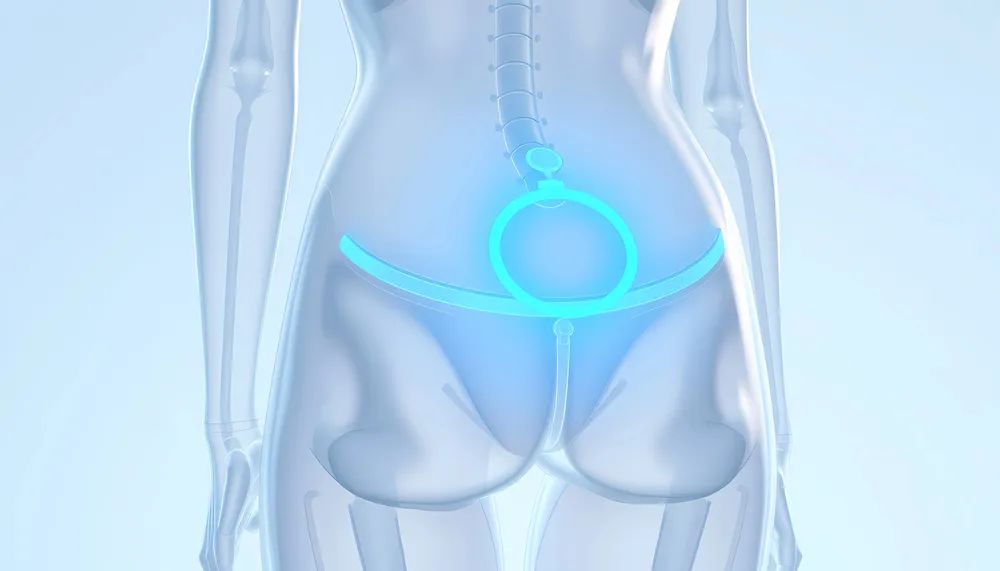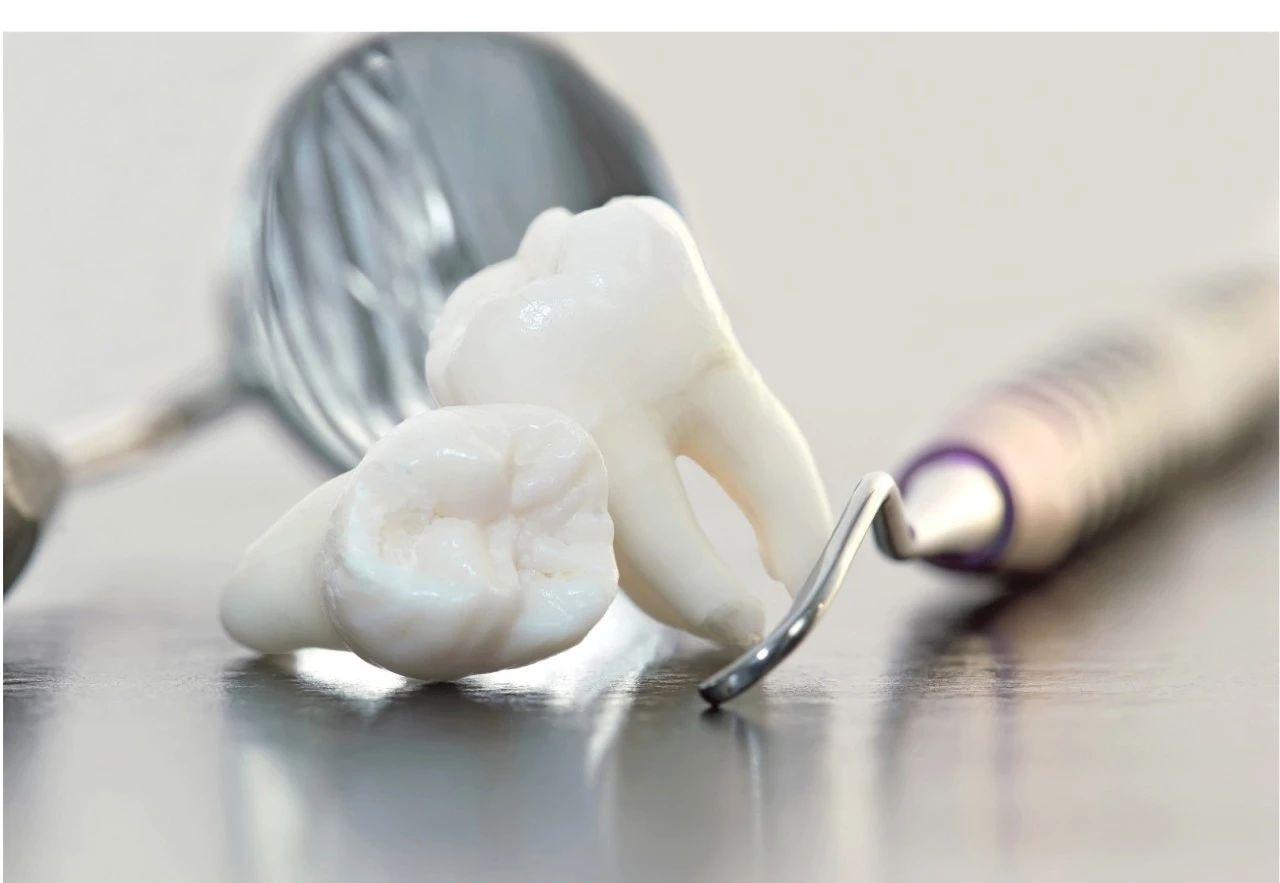Sleep Apnea in Children: Causes and Treatments
2021-07-08

Sleep apnea does not only affect adults. Pediatric sleep apnea is more common than you might think.
What is sleep apnea?
Sleep apnea is a breathing disorder that occurs when you are asleep. Apnea means a pause in breathing. If it is due to a blockage in the nose or throat, it is known as obstructive sleep apnea. If the brain does not send the correct signals to control your breathing, it is known as central sleep apnea. Obstructive sleep apnea is much more common, but both children and adults can experience either.
Sleep apnea symptoms in kids
If your child has sleep apnea, you might notice the following:
During sleep:
- Snoring
- Frequent awakenings from sleep
- Restless tossing and turning
- Breathing only through the mouth
- Choking and coughing during sleep
- Noticeable pauses in breathing often with a ‘snort’
- Bed-wetting
During the day:
- Tiredness
- Falling asleep in school or napping at unusual times
- Attention problems or poor performance in school
- Hyperactivity and other behavioral problems
- Personality changes such as being moody, cranky or irritable
- Headaches, especially in the morning, upon waking up
- Very young children (under 2 years old) are unlikely to snore, which makes it harder to pinpoint sleep apnea in this age group.

Effects of pediatric sleep apnea
Over time, sleep apnea can have significant effects on your child. Fatigue can lead to poor concentration and the inability to function during the day. This leads to poor school performance. It can also cause hyperactivity and mood swings. Due to reduced oxygen intake through the night, children can experience growth or developmental delays in severe cases. Pediatric sleep apnea is also associated with heart problems, high blood pressure and childhood obesity, and can have an impact on brain function and intelligence.
Causes of sleep apnea in children
Swollen or enlarged tonsils and adenoids usually cause obstructive sleep apnea. The excess tissue can block your child’s airway.
This prevents regular smooth breathing and results in long pauses between breaths. Obstructive apnea can also be caused by a lack of
muscle tone in children with Down’s syndrome, cerebral palsy, or similar conditions, as the throat muscles collapse more easily.
Central sleep apnea, where your brain does not signal your body to breathe properly, is usually caused by an underlying medical
condition. Premature babies are more likely to suffer central sleep apnea, as well as infants with heart problems, congenital anomalies,
or those taking certain medications.
Causes of sleep apnea in adults
Obstructive sleep apnea is more common in adults than in children and is worsened by obesity. Excess upper airway tissue and fat and poor muscle tone results in blockage and obstruction of the upper airway during sleep, leading to snoring and sleep apnea. The shape of your jaw and bone structure can also play a role.
Sleep apnea also runs in families, so if you suffer from sleep apnea, your children may be more at risk.
Treating sleep apnea
Diagnosing sleep apnea in children is more difficult than in adults. This is because symptoms are often more subtle in children and they may not be able to explain how they feel. For a proper diagnosis, your doctor will probably recommend you see an ENT specialist. They may order a sleep study to monitor your child overnight.
Sensors will be used to track your child’s heart rate, breathing, oxygen and brain activity during sleep. An alternative is at-home oximetry testing, but it may not give a clear diagnosis, and a sleep study might still be required.
It is important to monitor sleep apnea in children to prevent long-term problems. Your doctor might recommend treatment such as:
- Nasal steroids to open the airways
- Surgery to remove tonsils or adenoids
- Treatment of any underlying conditions
- A continuous positive airway pressure (CPAP) machine, which keeps the airway open overnight with a continuous flow of air through a mask
The choice of treatment will depend on the type of apnea your child has. Children can also grow out of sleep apnea, so your doctor may want to wait before taking any decisive action.
If your child is experiencing sleep apnea due to their weight, which is usually more common in adults, then your doctor will probably recommend seeing a dietitian and increasing exercise levels to manage this.
If your child has obstructive apnea due to enlarged tonsils or adenoids, in most cases surgery will cure the apnea.
What should I do if my child has sleep apnea?
If your child is experiencing symptoms that suggest sleep apnea, even if it is just irritability or fatigue and poor sleep, you should see your doctor as soon as possible. You may wish to make a video recording of your child sleeping to show your doctor.
As untreated sleep apnea can have an impact on the way your child develops and grows, it is vitally important to treat this condition. Your child will also be at risk of developing heart disease, stroke and diabetes as adults if the sleep apnea is not treated.
If you suspect your child has sleep apnea, make an appointment for your child to see an ENT specialist. Many children have sleep apnea and their parents are not aware, but it can be easily managed if properly diagnosed. For more information or to make an appointment, please contact 400-819-6622.
Article reviewed by Dr. Michaela Baum, ENT Specialist at ParkwayHealth.

Copyright: Health Plus an online health and wellness web resource developed by Parkway Singapore
References:
1. Ambardekar, N. (2018, Sept 18) Sleep Apnea Basics. Retrieved 04/07/19 from https://www.webmd.com/sleep-disorders/sleep-apnea/sleep-apnea
2. Developmental Characteristics of Apnea in Infants Who Succumb to Sudden Infant Death Syndrome (2000, Sept 6) Retrieved 04/07/19 from https://www.atsjournals.org/doi/abs/10.1164/ajrccm.164.8.2009001
3. Moyer, N. (2019, Jan 22) Sleep Apnea in Children. Retrieved 04/07/19 from https://www.healthline.com/health/sleep-apnea-in-children
4. Nazario, B. (2006, Aug 1) Sleep Apnea in Kids Cuts Brain Power. Retrieved 04/07/19 from https://www.webmd.com/sleep-disorders/sleep-apnea/news/20060821/sleep-apnea-kids-brain-power#2
5. Pediatric Sleep Apnea (ND) Retrieved 04/07/19 from https://www.mayoclinic.org/diseases-conditions/pediatric-sleep-apnea/symptoms-causes/syc-20376196
6. Schroff, A. (2019, Feb 20) Sleep Disorders in Children. Retrieved 04/07/19 from https://www.webmd.com/children/sleep-disorders-children-symptoms-solutions#4





























